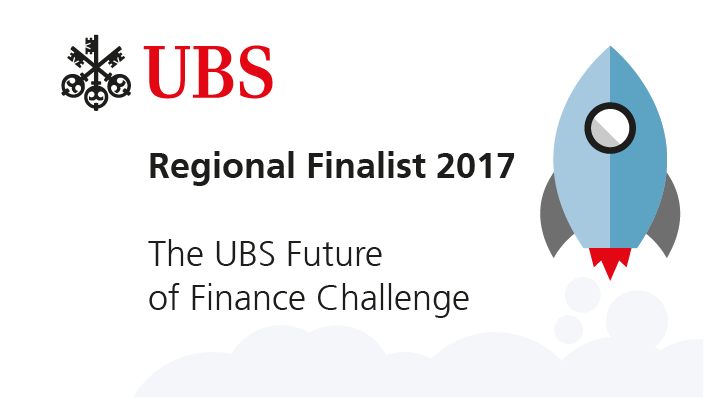Algorithmic Trading: Wisdom Of The Crowd vs. Algorithmic Trading
“One of the biggest advantages of algorithmic trading is the ability to remove human emotion from the markets, as trades are constrained within a set of predefined criteria. This is an advantage because humans trading are susceptible to emotions that lead to irrational decisions. The two emotions that lead to poor decisions that algorithmic traders aren’t susceptible to are fear, and greed.”
“Advantages of Algorithmic Trading,” NASDAQ
Summary
- What is the wisdom of the crowd?
- How can the crowd misdirect investors?
- How does algorithmic trading address the dangers of “following the herd”?
What is the “wisdom of the crowd”?
Could a crowd, provided that it is large and diverse enough, produce en masse an estimate that outperforms that of an individual expert? American journalist James Surowiecki would


 Read The Full Premium Article
Read The Full Premium Article This article was written by the I Know First Research Team.
This article was written by the I Know First Research Team.
 This article was written by Graham Ellinson, a Financial Analyst at
This article was written by Graham Ellinson, a Financial Analyst at 










